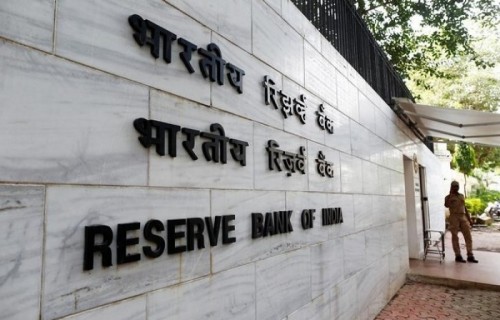Banks` asset risks rise, but credit strength to stay intact: Moody`s

Follow us Now on Telegram ! Get daily 10 - 12 important updates on Business, Finance and Investment. Join our Telegram Channel
Asset risks for banks will rise in most parts of ASEAN (the Association of Southeast Asian Nations) and India as the region battles new waves of coronavirus infections amid low vaccination rates, according to a report by Moody's Investors Service.
However, continued policy support and strong loss-absorbing buffers mitigate the negative impact for banks in ASEAN and India, coronavirus outbreaks triggering strict containment steps will impede economic recovery and erode borrowers' debt repayment capacity, increasing their asset risks, said the report.
It further said that banks' strong loss-absorbing buffers, policy support and the virus impact focused on a few segments will keep their credit strength intact.
"Banks in Thailand (Baa1 stable), the Philippines (Baa2 stable), and Indonesia (Baa2 stable) are particularly vulnerable as their economies struggle with elevated numbers of virus cases, spiking uncertainties regarding their economies reopening. Yet, policy support for borrowers and the concentration of the impact on a few economic segments will limit the deterioration in banks' overall asset quality," said Rebecca Tan, a Moody's Vice President and Senior Analyst.
For India (Baa3 negative), Moody's projects the economy will return to growth in the fiscal year ending March 2022 (fiscal 2021), but the severe second coronavirus outbreak will delay improvements in asset quality.
By contrast, the resumption of global economic activity will boost trade growth in Vietnam (Ba3 positive), Malaysia (A3 stable) and Singapore (Aaa stable). This will help offset domestic economic disruptions from the pandemic, although slow deployment of vaccines is a risk for Vietnam, the report noted.
Continued policy support for borrowers from governments and central banks will prevent sharp increases in defaults on bank loans. And the financial impact of a prolonged pandemic is concentrated on a few economic segments, which will limit the deterioration in banks' overall asset quality.
More fundamentally, various regulatory measures implemented in the past decade to strengthen banks' balance sheets have led banks to face the pandemic on a strong footing. Since the onset of the pandemic, most banks in the region have built sufficient loan loss buffers to cover likely increases in nonperforming loans, it added.












 320-x-100_uti_gold.jpg" alt="Advertisement">
320-x-100_uti_gold.jpg" alt="Advertisement">












